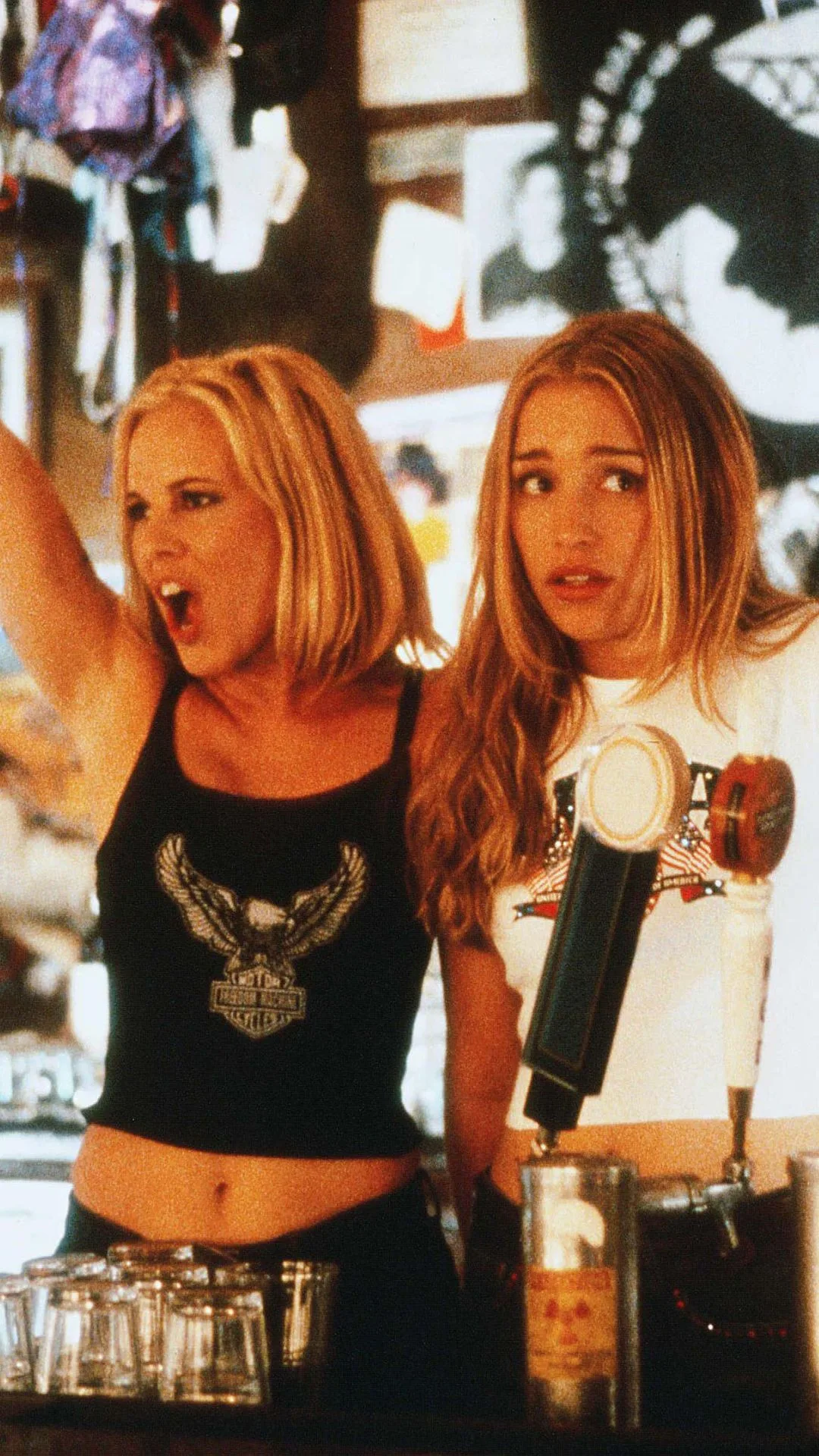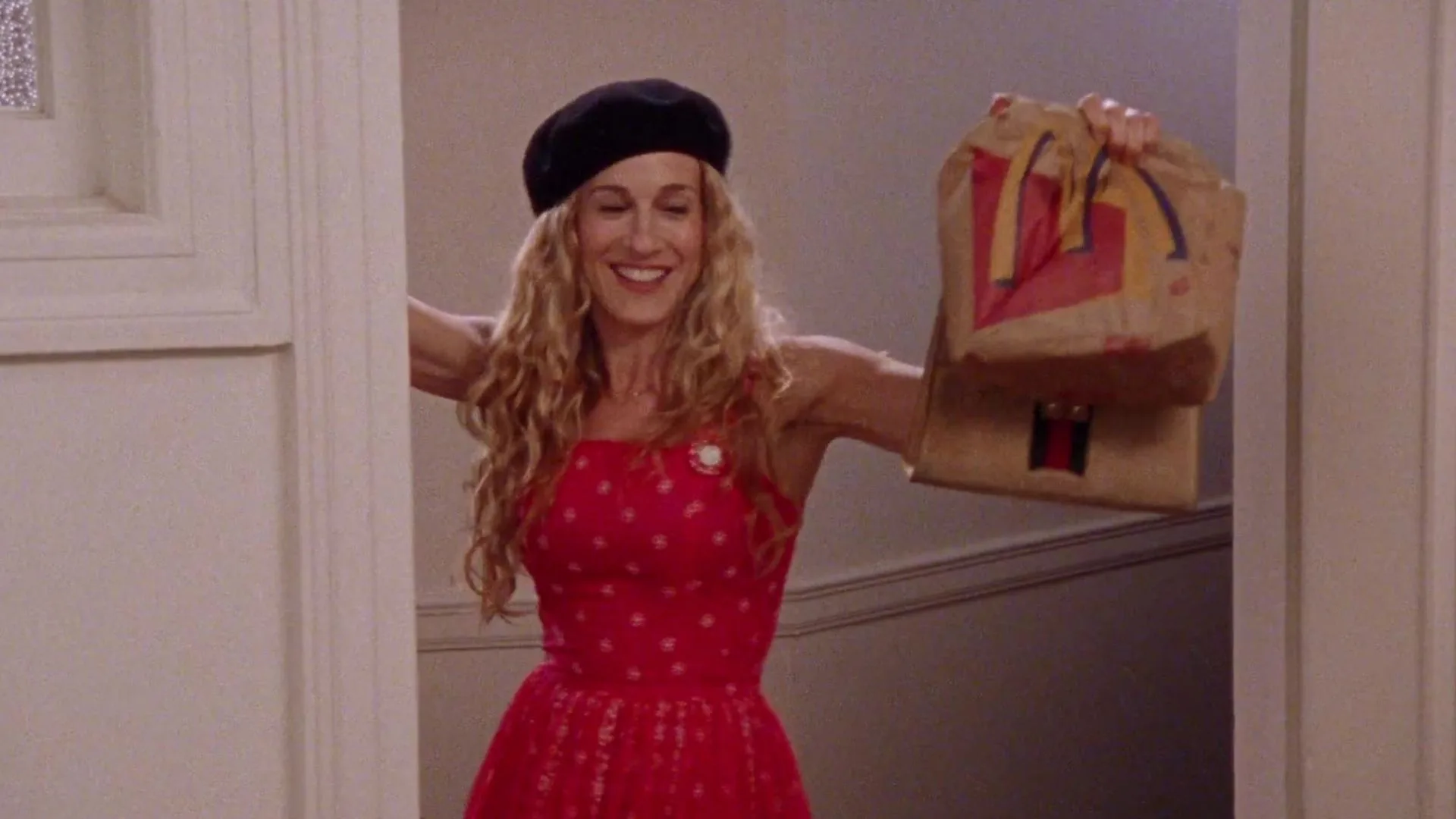In all things there must be balance. So when you have a joyous evening sipping on a glass of sparkling (or three), we also experience the dread of hangxiety and the pain of a hangover. It’s just how the world works.
Yet, we can’t help but wonder if there is a way to imbibe with friends and avoid the hang, essentially getting off scot free?
We enlisted the help of specialist GP and founder of Rose Healthcare, Dr Sam Saling, to help us decode exactly how to reduce our champagne problems.

Unsurprisingly, the best way to avoid a hangover is not drink at all. Dr Saling says that while this is always good advice, it may not always be possible.
“The best answer on how to avoid a hangover is to abstain from drinking alcohol entirely, however, we live in the real world and know that is not practical for some people,” she tells marie claire Australia.
To avoid a hangover, she suggests we “drink in moderation”.
“DrinkWise has great information on standard drinks and the current guidelines,” she says.
What Does Drinking Moderately Mean?

According to DrinkWise, drinking in moderation means having no more than 10 standard drinks a week and no more than four standard drinks on any one day.
They have some tips which include:
- Set limits and stick to them
- Alternate between alcoholic and non-alcoholic drinks
- Be mindful of how often you reach for your drink
- Have something to eat before or while drinking
- Try drinks with a lower alcohol content
- Avoid shouts or rounds that pressure you to drink at someone else’s pace
- Be mindful of other people topping up your drinks
How To Avoid A Hangover?

Keeping the above in mind, we spoke with Dr Saling about some tips and tricks to help reduce the impact of a hangover while you’re drinking.
This includes:
1. Drink Less If You Can
Dr Saling recommends keeping under two standard drinks for women and four standard drinks for men, as well as at least two alcohol free days a week.
2. Drink Water
“Have a glass of water in between drinks, as it is actually dehydration that causes most hangover symptoms like headache,” she explains.
“This is because alcohol is a diuretic, and increases fluid loss from the body.”
3. Eat Something
“Another tip is to line stomach with complex carbohydrate, healthy fats and a protein-rich meal if you anticipate consuming alcohol in the hours ahead,” she says.
4. B Vitamins
“B vitamins like thiamine are water soluble, so they are easily absorbed and excreted. As mentioned before, given alcohol is a diuretic, we lose B vitamins with this excess water loss after a drinking session,” Dr Saling says.
“That is why supplementing with B vitamins can help avoid a hangover. Evidence is limited, but certainly we supplement with thamine in patients with a history of excess alcohol use.”
5. Electrolytes
“Electrolyte replacement drinks help to replace both water and essential salts to help the body avoid dehydration after alcohol consumption.”
6. Keep An Eye On Your Urine
Urine is a good way to see how your hydration levels are going. “As per normal intake, the goal is straw coloured urine. Once that state has been reached, you’re drinking enough water, so I prefer that marker than giving a fixed amount in litres.”
What Won’t Help Your Hangover?

1. ‘Hangover Cure’ Drinks
While you might be tempted to indulge in a product especially marketed to ease a hangover, water should be your first priority.
“I think the best hangover cure drink is good old fashioned water! Electrolyte replacement drinks a close second, but again there is minimal evidence to support [hangover-marketed products] over water.”
2. Magnesium
While some websites swear by the use of magnesium for hangovers, Dr Saling says there is minimal evidence on this. However she does say, “Magnesium can help with muscle cramps, which can occur in a state of dehydration, which can be a consequence of heavy alcohol use.”
3. Fatty Foods
While it might be a good idea to eat before drinking, going for an extra cheesy burger on a hangover might not be the saving grace you think it is.
“If anything, I would think it would be more useful to consume this prior to drinking alcohol, to line the stomach, rather than during the next day hangover,” she says.
“The stomach can be more sensitive after drinking sessions, and fatty foods may lead to gastrointestinal symptoms. Complex carbs and protein is best, with a bit of healthy fats thrown in.”
Dr Saling is a specialist GP and founder of Rose Healthcare (focusing on bespoke primary care, women’s health, slow medicine, skin).



